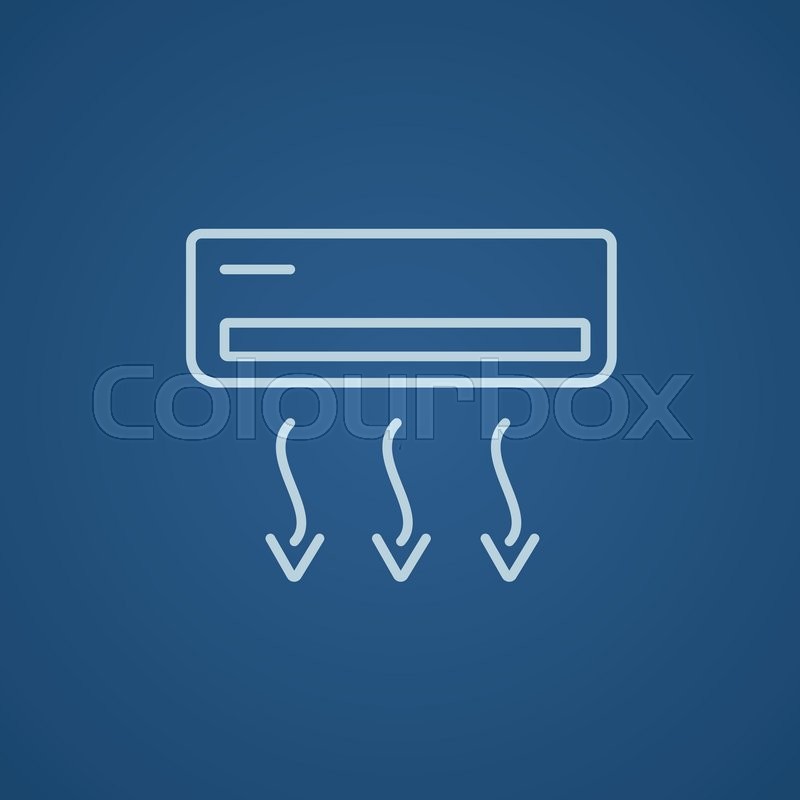Learn How To Enhance The Effectiveness And Life Expectancy Of Your Heat Pump System By Avoiding Typical Installment Mistakes
Learn How To Enhance The Effectiveness And Life Expectancy Of Your Heat Pump System By Avoiding Typical Installment Mistakes
Blog Article
Authored By-Harper McFarland
When setting up a heatpump, you should stay away from typical blunders that can threaten its performance. Overlooking ceiling ducted heat pump might cause inefficiencies and higher utility prices. Ignoring insulation and sealing could result in energy wastefulness and stress on the unit. In addition, positioning the outdoor device incorrectly might influence its efficiency. By preventing best ducted heat pump system , you can make sure optimal working and longevity of your heatpump system.
Improper Sizing of Heat Pump
When it involves the setup of heat pumps, among one of the most common blunders is poorly sizing the device for your room. Guaranteeing the appropriate dimension is critical for ideal efficiency. If the heat pump is also small, it will certainly have a hard time to heat or cool your room successfully, bring about raised energy bills and prospective wear and tear on the device.
On the other hand, if the heatpump is too big, it will cycle on and off regularly, causing temperature level variations and lowering its life expectancy.
To prevent this error, it's important to have an expert evaluate your space and advise the proper dimension of the heatpump based upon factors like square video footage, insulation, ceiling elevation, and local environment. By investing the time and effort to make certain the proper sizing, you can delight in a comfortable environment while maximizing power effectiveness and lengthening the lifespan of your heatpump.
Inadequate Insulation and Sealing
To make sure the reliable operation of your heat pump, it's crucial to resolve inadequate insulation and securing in your space. Appropriate insulation aids maintain a regular temperature inside your home, minimizing the work on your heatpump. https://raymondmxgoy.is-blog.com/37576742/steps-to-prepare-your-home-for-heatpump-installation-a-complete-checklist can result in power loss, making your heatpump work harder and less efficiently.
Sealing any kind of gaps or leaks in your area is just as essential. These voids enable conditioned air to run away and exterior air to seep in, requiring your heatpump to compensate for the temperature fluctuations.
Inaccurate Positioning of Outdoor System
Attending to the placement of your heat pump's outside unit is essential to enhancing its performance. Installing the outside unit in an inaccurate area can cause performance issues and possible damages to the unit.
One common blunder to avoid is positioning the outside system too near a wall or various other frameworks. This can limit airflow, triggering the unit to function tougher to warmth or cool your area, eventually lowering its performance and life expectancy.
Another mistake to avoid is placing the outside unit in straight sunshine. While some sunshine is inescapable, extreme exposure can bring about getting too hot, especially during hot summer days. It's finest to place the outdoor system in a shaded area to assist keep its optimum operating temperature level.
Additionally, see to it that the outdoor system is put on a secure and level surface. Unequal ground can trigger vibrations and unneeded stress on the system, affecting its efficiency in time.
Final thought
Finally, staying clear of common blunders throughout heat pump installment is crucial for making best use of performance and longevity of your system. By making certain correct sizing, sufficient insulation, securing, and correct positioning of the outdoor unit, you can prevent issues such as inadequacies, boosted energy expenses, and strain on the system. Making the effort to address these crucial aspects will inevitably save you money and time over time.
